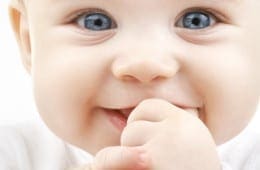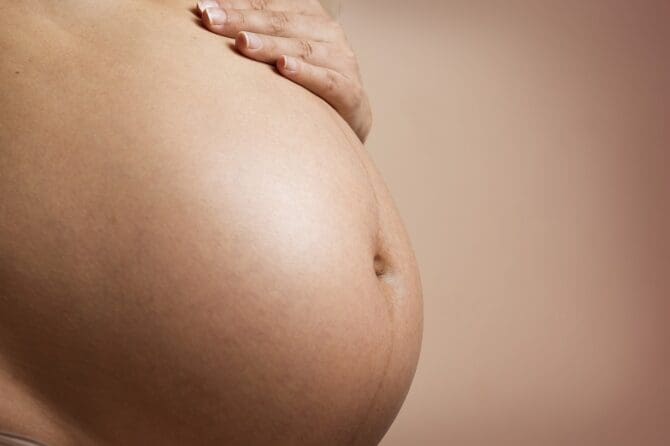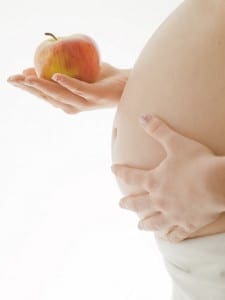Congratulations on your pregnancy! Being a mother is one of the coolest things you can do!
One of the key changes that can happen during pregnancy is a change in the hair. It can thin or fall out, or it could also thicken. Understanding why this happens and what you can do to support the dilemma will help you in dealing with the thinning and loss of hair, or with extra hair growth.
Hormones have all sorts of interesting effects on your hair. The main reason your hair changes during pregnancy is, of course, the changing hormone levels. Estrogen has a direct hand in how your hair looks. If you find your hair growing quicker and getting thicker, it’s likely due to the extra estrogen flooding your system. Estrogen can help improve hair growth by moving to the hair follicles and providing additional nutrients. This is often due to estrogen’s ability to speed up metabolism, which in turn supplies more nutrients to the body.
During pregnancy, you might notice changes to your hair. It might be fuller or thinner, and it might change texture from straight to curly, or vice versa. This is usually due to hormone changes. The increased hormones during pregnancy go to the cortex, where hair growth occurs and affects the texture. After pregnancy, when hormone levels return to normal, the hair usually goes back to the way it was before.
The changes in your hair might not be noticeable at first, but after a few months, you might start to see that it’s thinning or falling out more. This is typical after pregnancy because estrogen levels go back to normal and slow down the nutrients moving through your body.
If you lose hair during pregnancy, it may be because your body is not getting the nutrients it needs. Without these vital nutrients, your body cannot produce enough estrogen. So one thing to be aware of is if your hair starts falling out during pregnancy. If this happens, it is likely due to a lack of nutrients for your body to make the correct amount of estrogen. It’s especially important to make sure you’re getting enough nutrients during the first trimester, when morning sickness and nausea can make it difficult to eat. Eating a variety of healthy foods will help your body stay balanced during this time.
As your body changes throughout pregnancy, so does the health of your hair. To keep your hair healthy, you may need to adjust your hair routine. Additional minerals and supplements can help keep your hair and scalp healthy and your hair looking beautiful.











